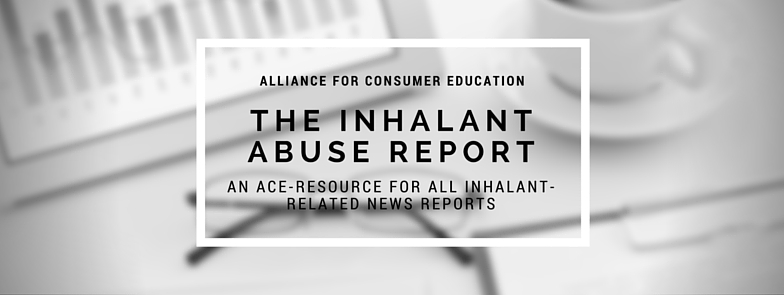Daniel Jordan raises some interesting questions in his summary of an addictions presentation by
Dr. Carlton Erickson, Ph.D., Professor of Pharmacology, and director of the Addiction Science & Research Center in the College of Pharmacy at the University of Texas at Austin.
What are your perspectives or thoughts on his following two points?
1. Inhalants and Addiction:
"Dr. Erickson calls the likelihood that a person will become dependent on a drug its “dependence liability.” Some drugs have a dependence liability while others do not.
The criteria for dependence liability is how it acts on the mesolimbic dopamine system. Caffeine, antidepressants, and newer anti-seizure medications do not have dependence liability. However, some drugs do and the following chart shows that a certain percentage of people (depending on the drug) will become dependent *:
Drug / Percentage of People Who Become Dependent
Nicotine - 32%, Heroin - 23%, Cocaine - 17%, Alcohol - 15%, Stimulants - 11%, Cannabis - 9%, Sedatives - 9%, Psychedelics - 5%, Inhalants - 4%.
Source: Anthony, J.C., Warner, L.A., & Kessler, R.C., (1994). Comparative epidemiology of dependence on tobacco, alcohol, controlled substances, and inhalants: Basic findings from the national comorbidity survey. Experimental & Clinical Psychopharmacology, 2, 244-268."
"I was particularly fascinated by Dr. Erickson’s claim that many of the words, or terminology, that the general public and the treatment field use to describe drinking and drugging are leading to continued prejudice and discrimination in North American culture. This stigmatizing, Dr. Erickson argues, is a big part of why governments are not providing adequate funding for addiction research, prevention, and education
"Abuse” is a Perjorative Term and Should be Retired. In his book, The Science of Addiction, Dr. Erickson calls the term “abuse” the number 1 myth that prevails in the treatment field or in the minds of the public. The word abuse * is an inappropriate term for several reasons, such as:
- the term being used, for centuries, as a morally sinful act such as child abuse, sexual abuse, spousal abuse
- the implication that alcohol, an object, is being abused by someone just like a child is being abused by someone (a preferred term in Europe is misuse)
- the use of the term substance abuse does not distinguish between voluntary use (”misuse”) and uncontrolled use (”dependence”) similar to the generalized use of the term “addiction”

2 comments:
Excess inhalant addiction, usually called huffing, is the determined inhalation of substance vapors to attain a distorted psychological or physical condition, which for most abusers is a euphoric result. Abusers breathe in fumes emitted from a broad variety of substances. In fact, chemical vapors used as inhalants can be found in many ordinary domestic products. There are a number of general categories for substances that may be used as inhalants.
http://www.addiction-treatments.com/
Anyone experiencing an inhalant dependency needs immediate addiction treatment. The irreversible physical damage of chronic abuse demands a strong response, and most inhalant abusers will require addiction treatments to learn how to live drug free. Inhalant addiction treatments options include residential care, such as therapeutic wilderness programs, therapeutic boarding schools or residential rehabs, or outpatient options.
http://www.addiction-treatments.com/
Post a Comment